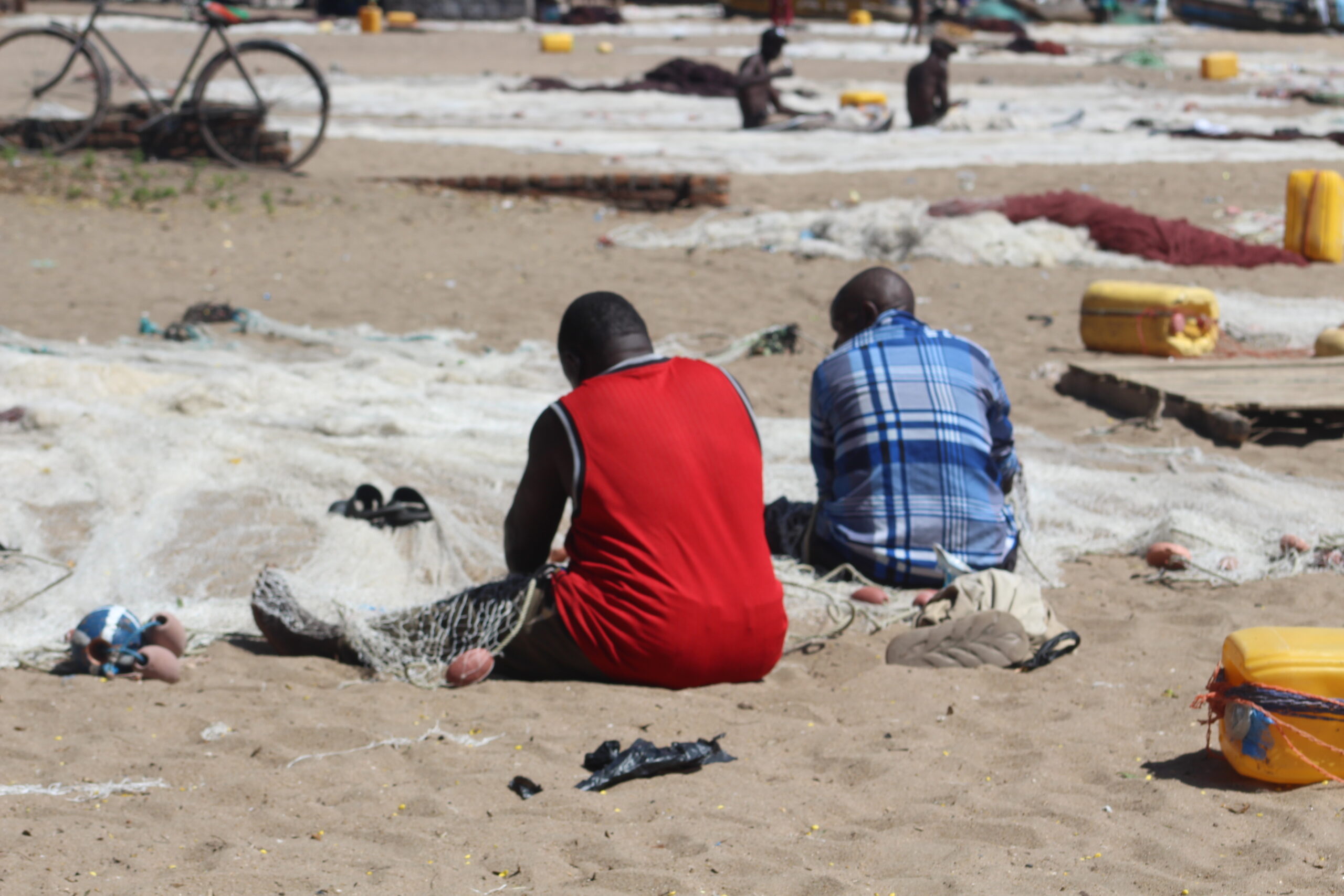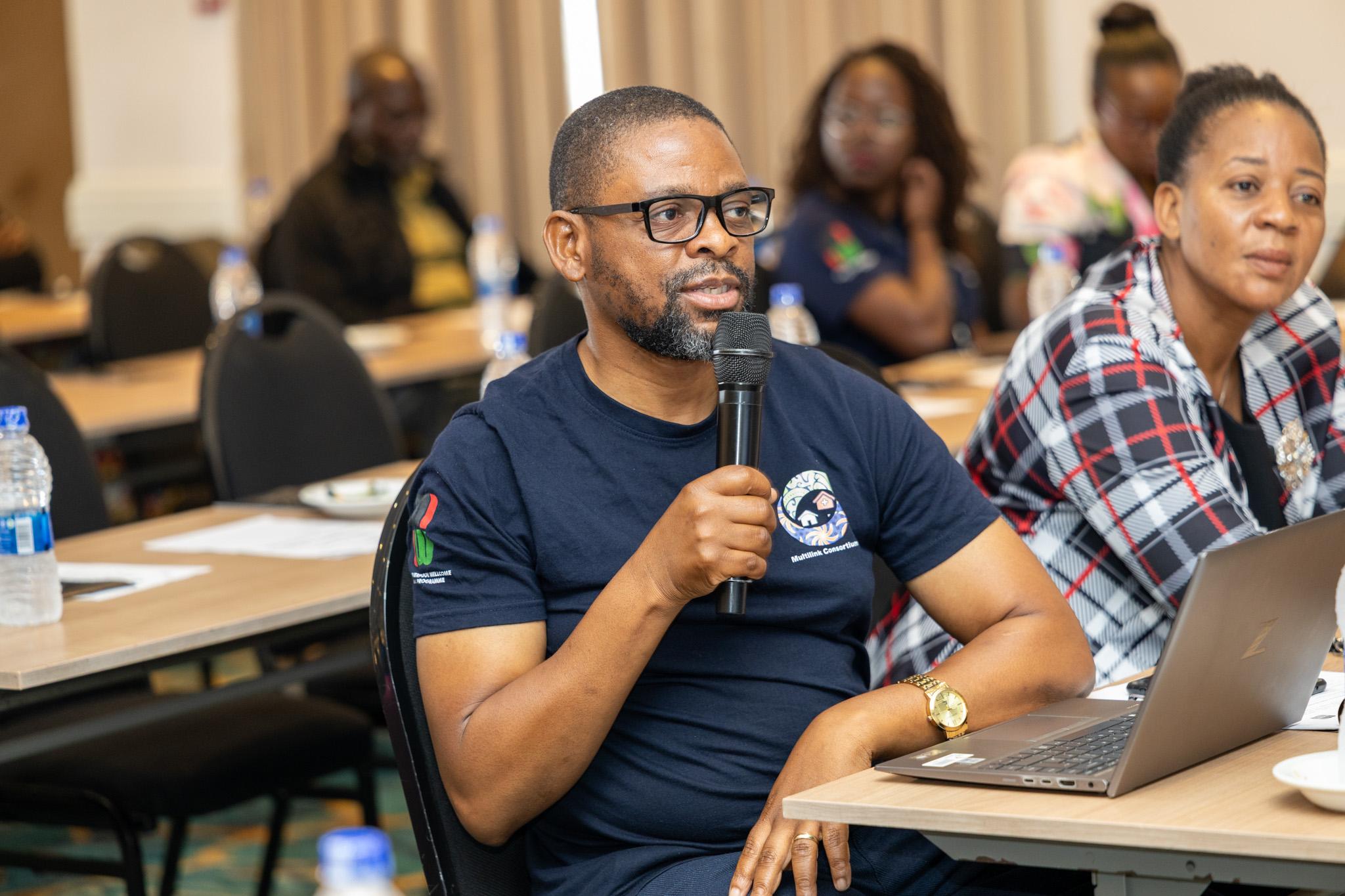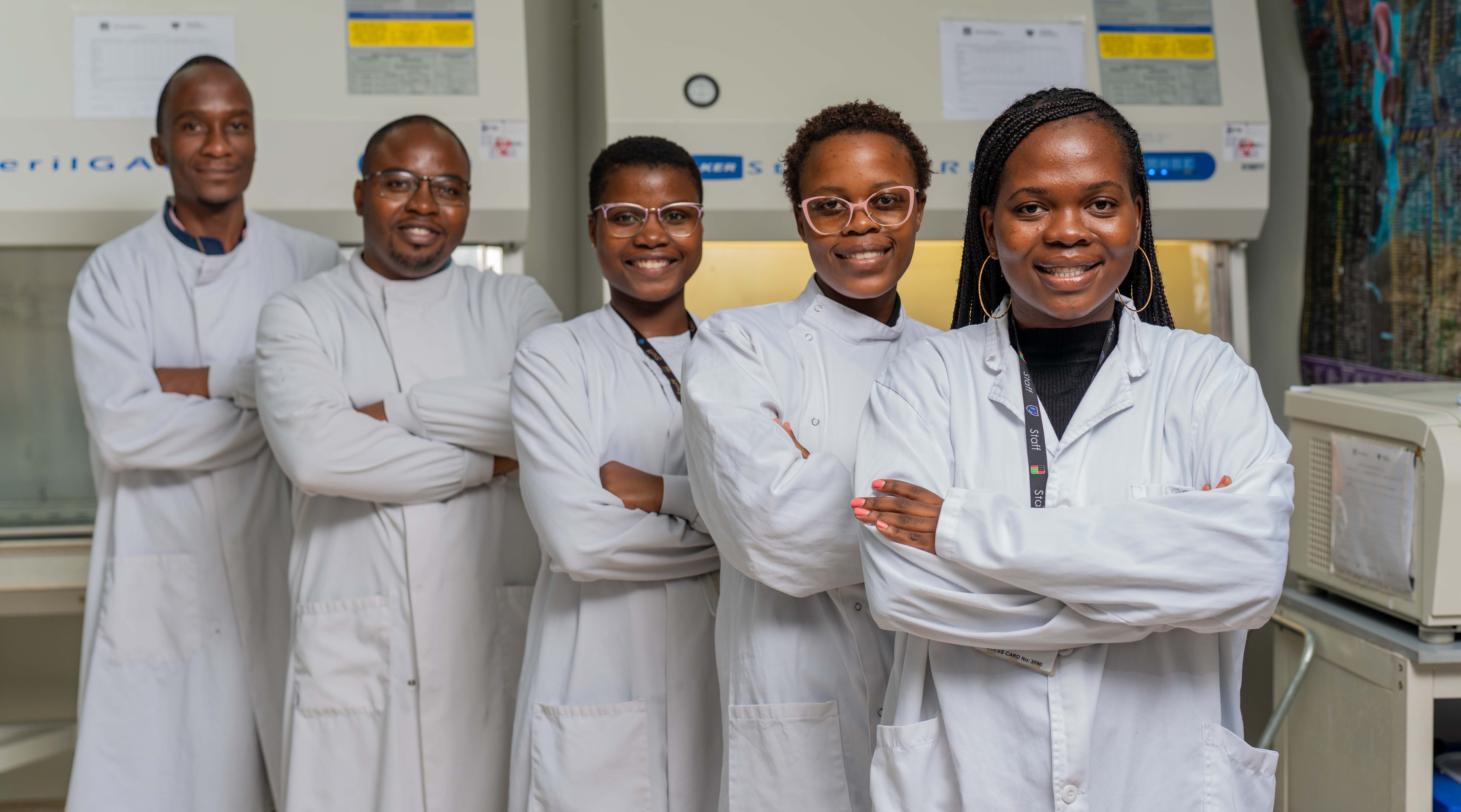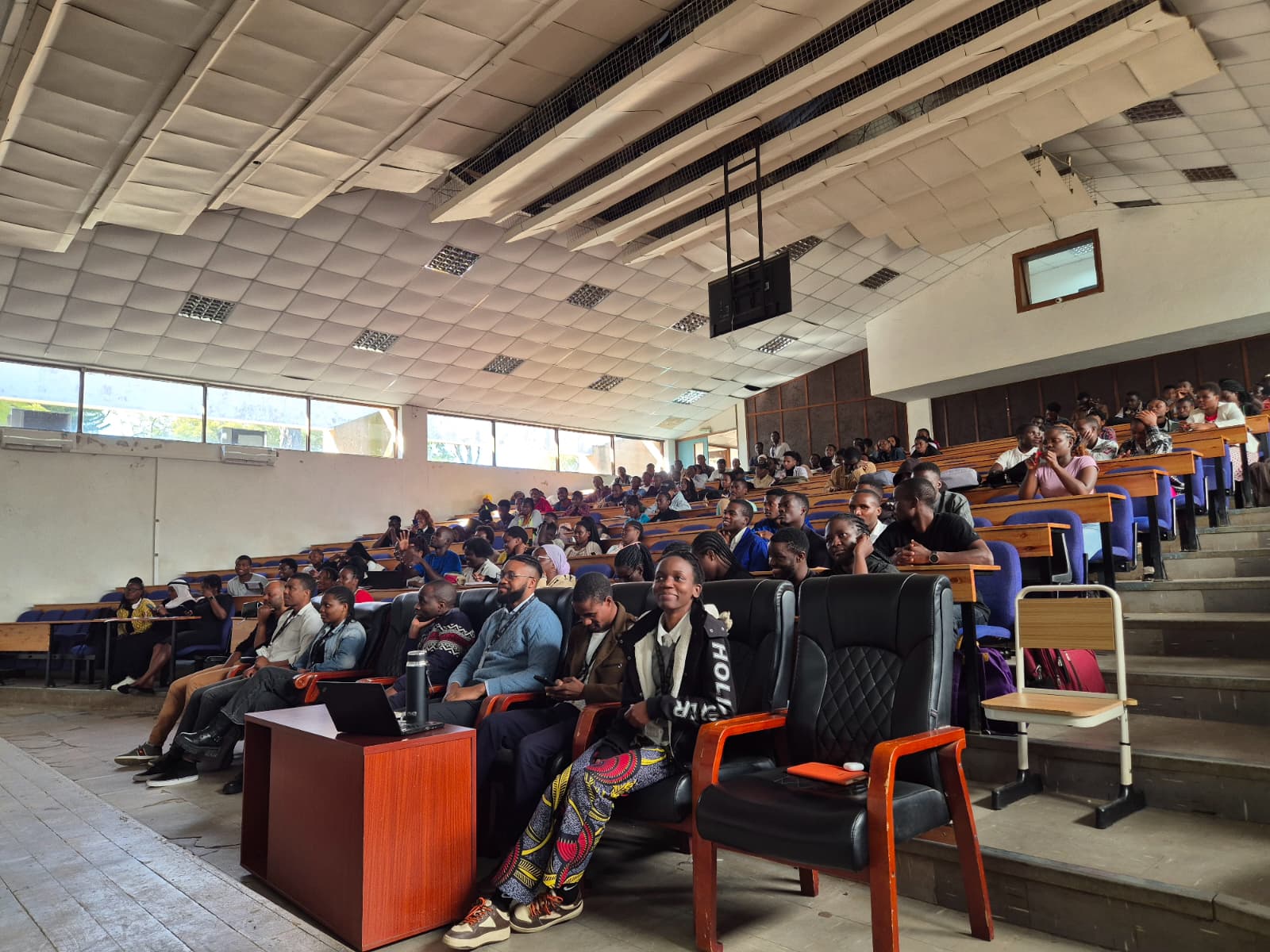Fishermen living in Mangochi have commended MLW’s effort to eliminate schistosomiasis and for influencing them to know their HIV status through its study ‘Creating demand for fishermen’s schistosomiasis and HIV services’ (FISH).
The study was designed to assess the efficacy of an integrated intervention to create demand for fishermen’s schistosomiasis and HIV services (FISH). , The study is being conducted along the shores of Lake Malawi because reports say fishing communities throughout Africa have much higher HIV prevalence. Lake Malawi has the presence of freshwaters and snails which are agents of schistosomiasis/bilharzia.
According to the study lead Dr. Augustine Choko, Schistosomiasis and HIV remain public health concerns despite collaborative efforts aimed to diagnose people living with HIV (PLWH) and ensure they start early treatment. He says these two affect social-economic development in most parts of Sub-Saharan Africa including Malawi.
“While there have been reductions in new HIV infections worldwide, certain groups remain a challenge to reach with proven interventions. HIV self-testing (HIVST) is an ideal method that allows people to conduct HIV tests on their own. This method is efficient for hard-to-reach groups, such as fishermen who are also at high risk of schistosomiasis caused by parasitic flatworms called schistosomes that are acquired through the water. Apart from giving fishermen HIV self-test kits, they are also given a drug called praziquantel which eliminates schistosomiasis” Choko said.
Chief Dimubala of Mangochi said the coming of the study will improve the well-being of fishermen in Mangochi. Chief Dimubala added that fishermen have busy schedules which hinder them from getting medical facilities.
“Schistosomiasis is common in Mangochi, people suffer from the disease but do not seek medical help because traveling to the hospital is expensive and it means losing time which could have otherwise been used to catch fish,” Dimubala commented.
Reports from other study findings suggest that having schistosomiasis increases the transmission of HIV from infected men to women. Other studies suggest that schistosomiasis increases susceptibility to HIV in women.
, one of the participants of the study, Ibrahim Eliot acknowledged the prevalence of HIV in lakeshore areas. He said after working so hard, fishermen reward themselves with multiple girlfriends. In relation to their polygamous culture, he said he believes Mangochi may have many undiagnosed HIV cases. Mr. Eliot also urged his fellow fishermen to get tested for HIV and to partake in health research.



